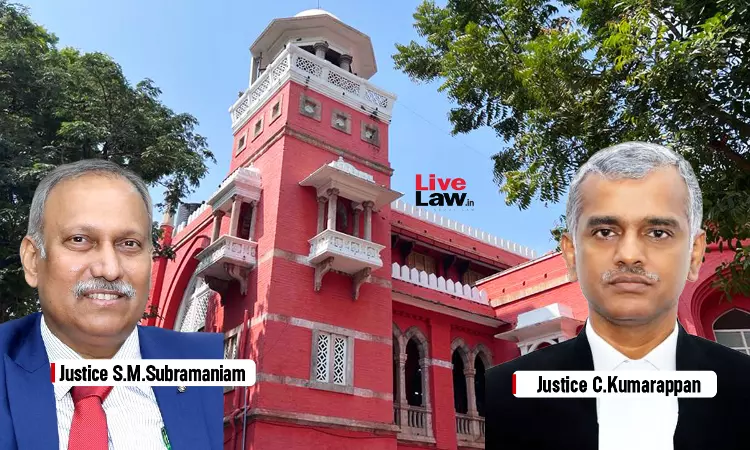“Transfer Certificates Not A Tool For Schools To Collect Arrears Of Fees From Parents”: Madras High Court
Upasana Sajeev
19 July 2024 2:19 PM IST

Next Story
19 July 2024 2:19 PM IST
The Madras High Court has directed the State Government to issue circulars/instructions/orders to all the school administrations across the State, asking them not to insist on the production of a Transfer Certificate by a child seeking admission. The court has also asked the schools to refrain from making unnecessary entries in the TC regarding non-payment or delayed payment of the...
